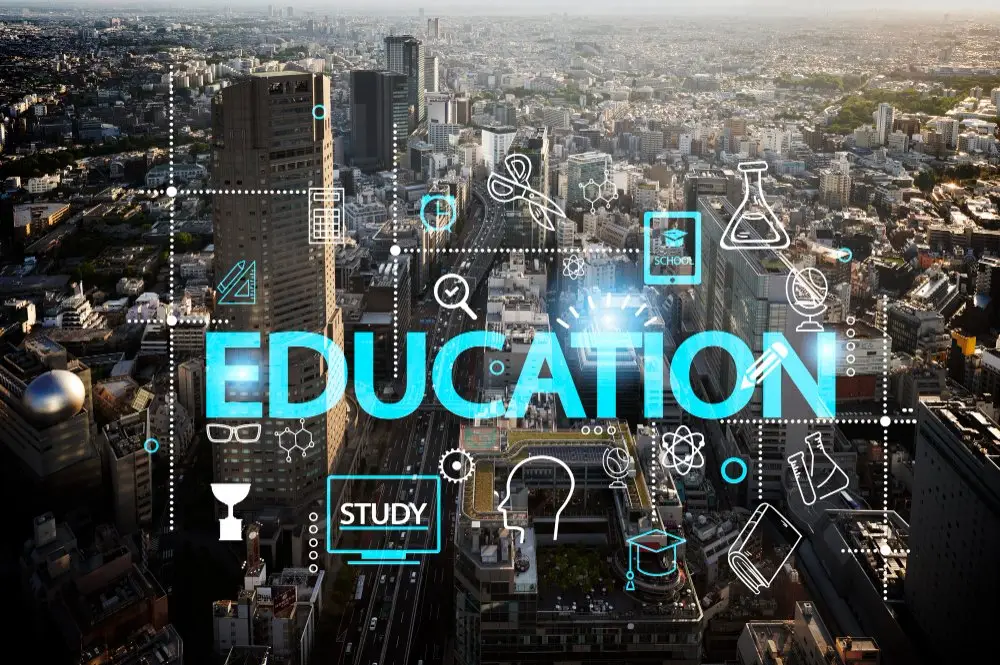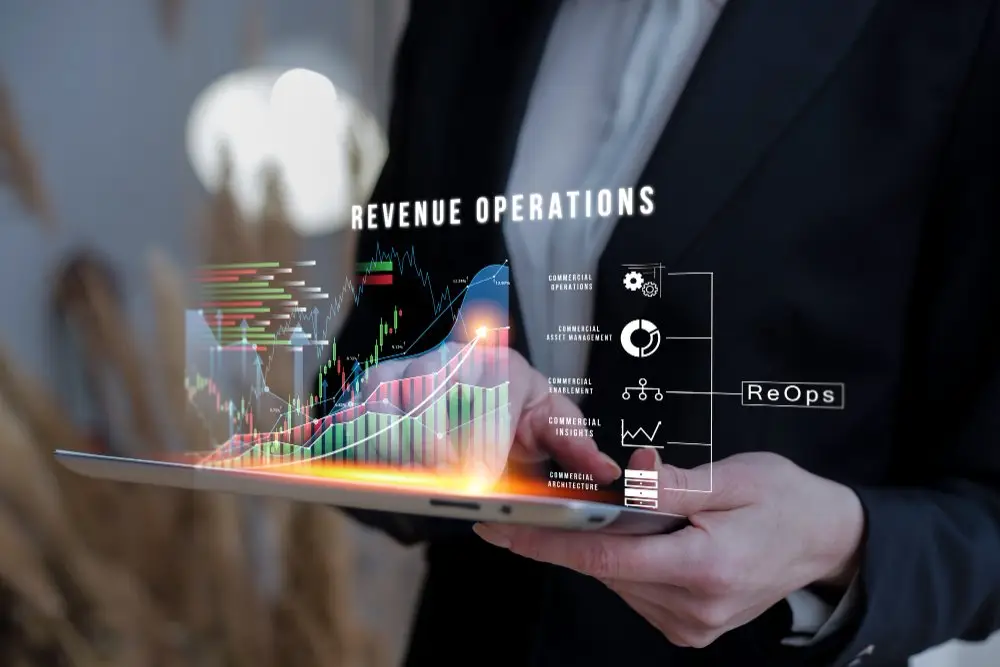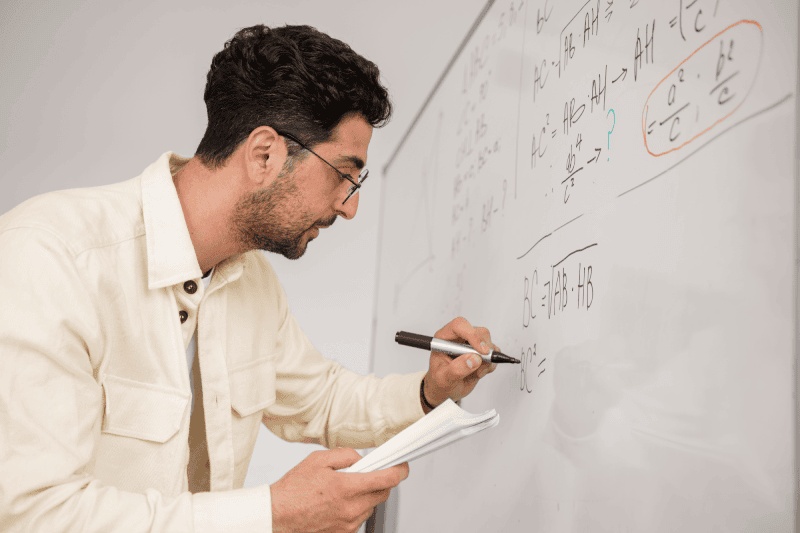Knowledge Update | Horizon University UAE – Essential Insights
Knowledge update and Industry update at Horizon University College (HUC) is an online platform for communicating knowledge with HUC stakeholders, industry, and the outside world about the current trends of business development, technology, and social changes. The platform helps in branding HUC as a leading institution of updated knowledge base and in encouraging faculties, students, and others to create and contribute under different streams of domain and application. The platform also acts as a catalyst for learning and sharing knowledge in various areas.
Dr. Robinson Joseph
From Different Corners
The financial industry is no exception to the transformative power of technology in the booming digital era. The term digital finance refers to the digitalization of the financial industry which involves all electronic products and services like credit cards, home banking, and home trading services.(1) This innovation transformed the financial industry by making financial services more accessible, efficient, and user-friendly.
Dr. Osama Dorgham
From Different Corners
How can you protect your accounts?
Social media profiles are effective tools that may be used to connect with loved ones, stay informed of events, and keep up with current affairs.To ensure that no one else can access your personal information and that your accounts do not get into the wrong hands,
Mr. Omar Sattar
From Different Corners
The field of English language instruction for non-native speakers, commonly referred to as Teaching English as a Second Language (ESL), has experienced significant changes in recent times, mostly due to the emergence of technology and the use of novel pedagogical methods.
Dr. Reyaz Ahmad
From Different Corners
Teaching and learning methods have always been under scrutiny and change due to various reasons. Educationists, scientists, and psychologists are continuously busy finding methods that suit all stakeholders.
Dr. Alaa Momani
KNOWLEDGE UPDATE
In today's rapidly evolving world, artificial intelligence (AI) has found its way into various facets of our lives. Among these, preschool education stands out as a domain ripe for AI's transformative potential.
Prof. J. Shanmugan
From Different Corners
Higher education system is playing vital role in knowledge economy and its growth is significant factor for each and every country’s development and also for the sustainable progress of the society.
Dr. Rahul Sharma
From Different Corners
This is not a hidden secret that largest financial sector companies in the world do have huge teams for financial planning. These companies’ businesses depend upon their effective and efficient financial services.
Mr. Venkata Kumar
From Different Corners
The key to succeeding in your math classes after you start attending college is to prepare for college mathematics. You can prepare by following the advice and steps listed below:
Dr. Muhammad Adnan Khan
From Different Corners
Artificial Intelligence (AI) has become an integral part of our daily lives, revolutionizing the way we work, communicate, and even think. Its rapid advancement has ushered in a new era of innovation and convenience,
Dr. Kakul Agha
From Different Corners
John F. Kennedy rightly said, “if we cannot end now our differences, at least we can help make the world safe for diversity”, pointing towards the immense value of harnessing diversity in the society.













